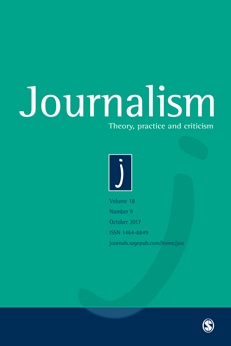
Russia is one of the most dangerous countries for journalists, and the conflict with Ukraine and Russia’s involvement in Syria present even further challenges for the future of Russian journalism. In addition to the financial pressures, physical attacks, abductions and harassment, liberal journalists now face an increasing threat to the democratising role they see themselves as playing.
President Vladimir Putin’s soaring popularity and the elaborate range of tactics used to suppress press freedom are forcing liberal media to rethink their mission(s) and identity(ies). This article presents empirical evidence on the range of tactics used by the Russian authorities as well as the coping strategies adopted by journalists.
The study shows that some Russian media and journalists demonstrate a great degree of resilience in their efforts to expose wrongdoings and hold the powerful to account. The article questions the applicability of Western-centric normative media system theories because it shows that the breadth, depth and mechanisms of control in modern-day Russia are very different from the ones used during Soviet times, and yet, Russian media and society do not appear to be on a linear journey from authoritarianism to democracy.
The article presents the findings of a semi-ethnographic study of some of Russia’s most influential liberal news outlets – Novaya Gazeta, Radio Echo of Moscow and Radio Free Europe/Liberty. The study was conducted in May 2014 in the midst of the conflict with Ukraine. It involved observations of editorial meetings, documentary analysis and interviews with editors, deputy editors and journalists.
Tags: Media freedom Russia Safety of journalistsThe content of this article can be used according to the terms of Creative Commons: Attribution-NonCommercial 4.0 International (CC BY-NC 4.0) . To do so use the the wording "this article was originally published on the Resource Centre on Media Freedom in Europe" including a direct active link to the original article page.

